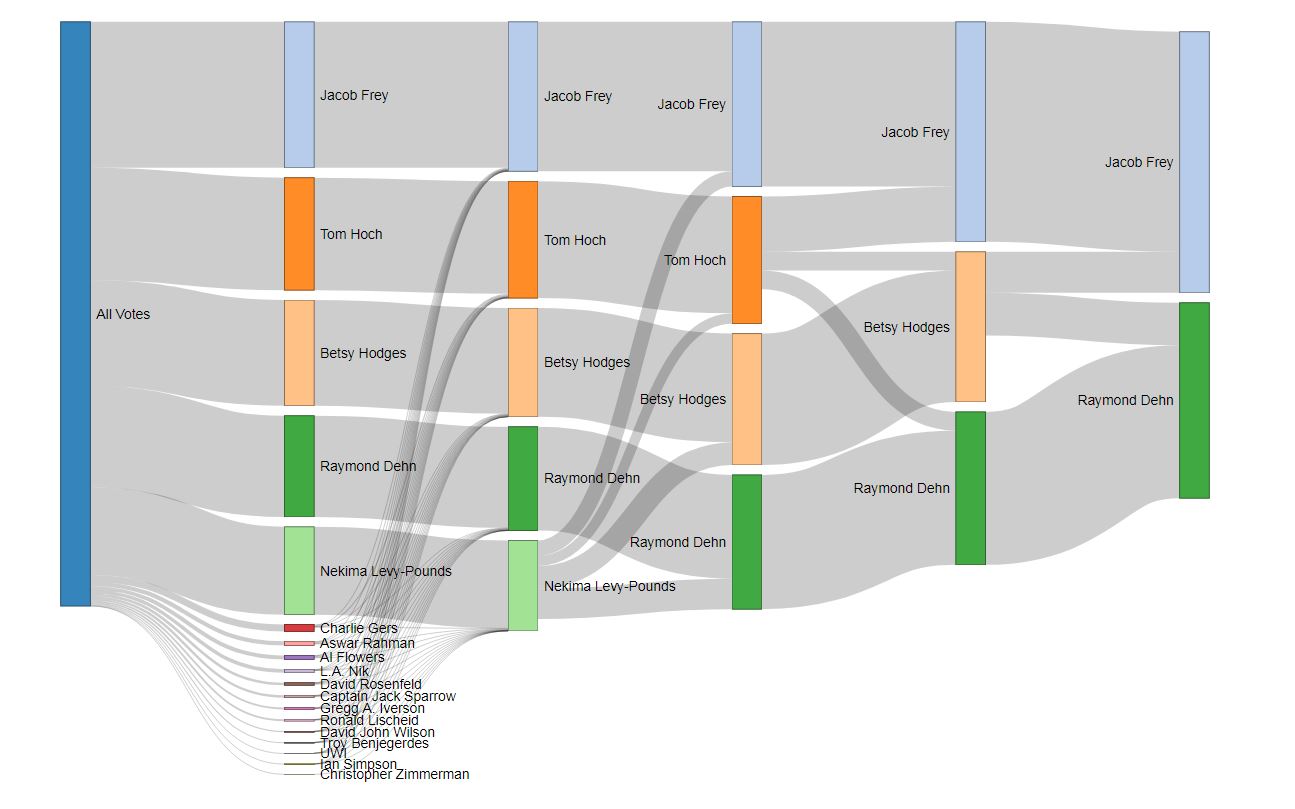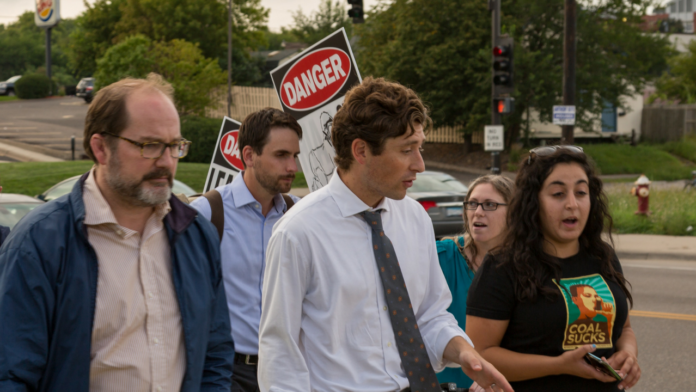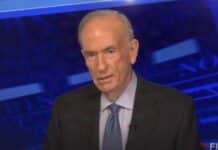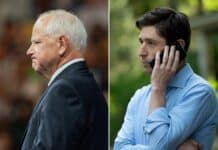MINNESOTA- On November 7, the Twin Cities held elections for mayor and a variety of other elected offices.

Minneapolis Mayoral election ranked vote flowchart
In Minneapolis, Councilman Jacob Frey (Ward-3) won the election with 24 percent of people picking him as their first place vote, while he also lead in second place votes. Deciding the winner of the election went on longer than expected due to the ranked voting system which had to weigh all the voting permutations of the 14 candidates.
Frey outperformed Betsy Hodges who carried 18 percent, and Raymond Dehn who received 14 percent, though received the most votes during the DFL endorsement process. Tom Hoch, a more center right pro business candidate came in second in first place votes with 19 percent. However, when all the votes were tabulated Dehn came in second in the ranked voting.
Throughout the mayoral campaign, police reform was a central issue following the shooting of Justine Damond by Minneapolis police officer, Mohamad Noor. Frey’s stance, while progressive, was far more centrist than calls from Dehn to disarm and divest from the Minneapolis police force.
Frey also campaigned on affordable housing, workforce development, and more investment in public transportation, all platforms that were central to Hodges campaign as well.
In St. Paul, former City Councilman Melvin Carter, was able to take home victory after he reached the 51 percent majority needed. Carter ran on a platform that focused heavily on police reform.
“Our greatest public safety asset is trust between community and police, and Saint Paul needs smart, comprehensive reform to rebuild that trust.”
However, Carter had a rocky relationship with the police during the course of the election, when he was the target of a political mailer sent out by a political action committee backed by the St. Paul Police Federation, which implied that guns stolen from his home had been directly linked to the rise in gun crime in St. Paul.
Regardless, as St. Paul Mayor, Carter looks to capitalize on the issues he worked on while a part of St. Paul’s city council, especially affordable housing.
“[Carter] Spearheaded the creation of a $2.5 million City Affordable Housing Trust Fund to help homeowners in the wake of the foreclosure crisis,” during his time on the St. Paul City Council according to his campaign website.
In the Minneapolis City Council election, a variety of far left incumbents were re-elected, including Alondra Cano and Jeremiah Ellison.
Cano had a controversial win during the DFL endorsement process where two other candidates, Mohamed Farah and Gary Schiff, walked out after numerous rules changes that seemed to favor Cano. Farah also claimed that his supporters were the victims of harassment by supporters of Cano.
Ellison, Congressman Keith Ellison’s son, looked at many issues similar to the other candidates, though a key point of his platform was the introduction of a civilian review board that would oversee actions by the police.











